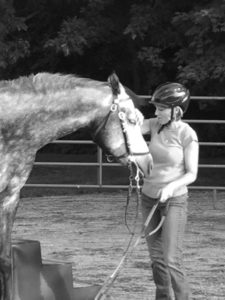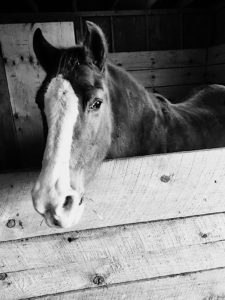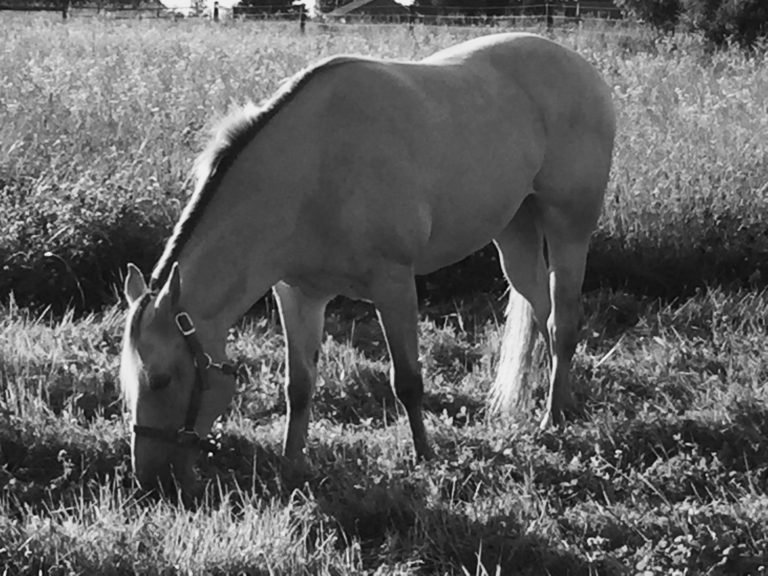Why Animal Assisted Therapy?
Pegasus Freedom Reins Ohio is honored to help others through the use of animals. Animal assisted therapy is proven to be an effective form of counseling, which allows our clients to heal and flourish.
Scientific research has proven that animals assist in interventions in the following ways:
- Elicit positive affect, nonthreatening (Myers, 1998)
- Social mediation (Corson & O’Leary Corson, 1980)
- Social support (Serpell, et al., 2017)
- Subjects for projection of thoughts and feelings (Welles et al., 1997)
- Increasing relational dynamics in psychotherapy (Chandler, 2018)


Why Do We Partner with Horses?
A horse is used in some therapeutic attempts because there are many characteristics that a horse has that can enhance the counseling relationship (Bachiet al, 2011.)
Horses are:
- A Prey animal
- Sensitive
- Hyper-vigilant
- Emotionally Safe
- Social herds with distinct personalities become living symbols of other relationships
Horses have a:
- Herd behavior
- Flight instinct
- Present, embodied connection
- Immediate, candid, nonjudgmental feedback
Horses have been found to provide immediate feedback regarding changes in mood, which has been found to be beneficial for people (Anestis, Anestis, Hopkins, Lilienfeld, & Zawilinski, 2014.) Horse assisted therapy is especially effective in building trust and self-control, as well as improving self-image, self-efficacy, and coping & social skills.
How Do We Partner with Horses?
Pegasus Freedom Reins Ohio utilizes the Eagala Model to allow our clients the latitude to discover, learn, and grow from the horse human relationship. The Eagala Model is the global standard for equine-assisted psychotherapy and personal development, which incorporates horses’ unique intuition to help clients heal and flourish.
As prey animals, horses respond to nonverbal messages – even unconscious ones – and their responses often remind clients of their goals, personal challenges, and/or relationships with themselves and others. The Eagala Model provides a safe environment to work through those relationships, where the horses only change when we do.
The Eagala Model involves no riding nor horsemanship, creating a safe environment for both horses and clients to be themselves, as well as allowing the clients to focus on their goals. The Eagala Model engages horses to help clients understand their process and to practice the changes they want to make in a safe, supportive setting.
